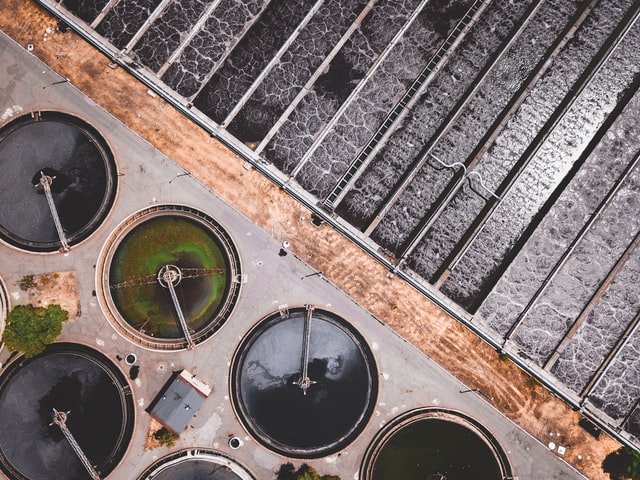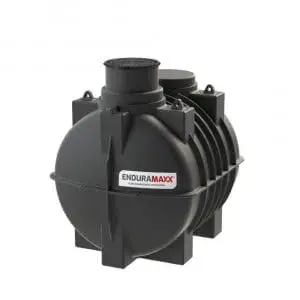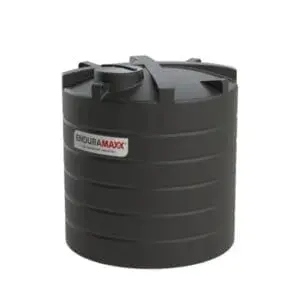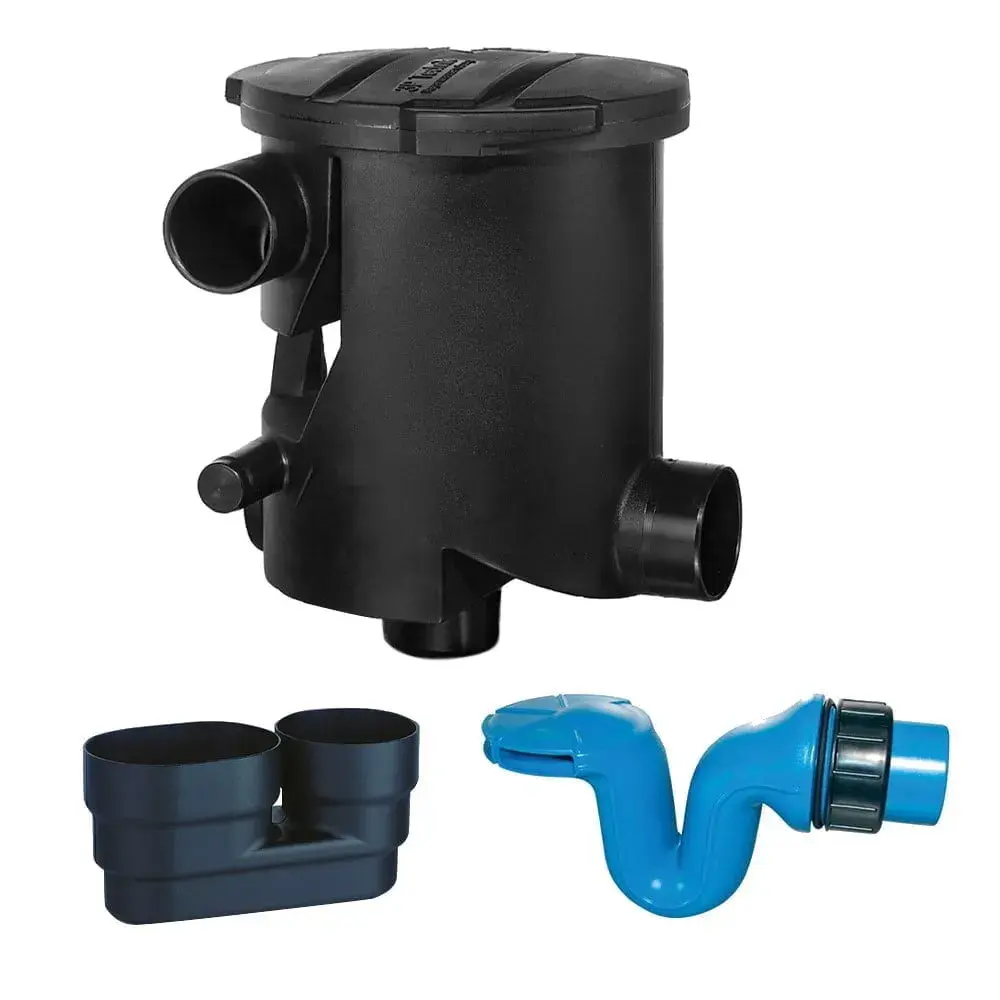
Once it’s disappeared down the drain, most of us don’t give our water a second thought. However, it’s just the start of the journey for wastewater and its microscopic sludge. Here’s everything you need to know!
What Is Wastewater?
The UK government defines urban wastewater as the mixture of water that has been used by homes, industries discharging into sewers, and rainwater runoff. In other words, any water that enters the sewer system can be called wastewater, including industrial and agricultural process water.
What Is Sludge?
Sludge is the solid, formerly soluble waste material left behind by water treatment, wastewater treatment, or sanitation treatment. It is a mixture of solids and liquids and contains both organic and inorganic compounds, as well as microorganisms. The types of compound depend upon whether the wastewater originates from process water, sewage, or industrial settings.
What Are The Types Of Wastewater?
Almost every commercial environment generates wastewater. In office and retail settings, the main sources are toilets, kitchens, and wash areas. In commercial settings, sites such as vehicle repair shops and car washes are major contributors. Most manufacturing and industrial settings use water for processes including pipe flushing, and all farms generate large quantities of wastewater. Rainwater is also a very important contributor.
What Is The Relationship Between Wastewater And Sludge?
Wastewater contains around 99.9% water, all of which can be safely reused. The 0.01% that remains forms sludge. Therefore, sanitising 1000 gallons of wastewater will generate around 0.1 gallons of sludge.
Does Sludge Have Any Uses?
Sludge has a surprising number of uses. It is often rich in nutrients such as nitrogen and phosphorus, both key ingredients in fertiliser. Its viscous properties mean sludge is also used to control soil erosion and improve landscaping. In some parts of Europe, it is increasingly being used as an alternative fuel source, especially in the cement industry. Using the same principles, sludge that has been anaerobically treated can be used to heat homes, leading the European Commission to highlight it as an important element of sustainable energy strategies.
How Can I Remove Sludge From My Rainwater?
Rainwater harvesting is important in domestic, commercial, and industrial settings. When it is properly harvested, rainwater can be used for a variety of grey-water applications such as toilets. Although sludge contains many helpful nutrients, it also contains harmful heavy metals and dangerous bacteria, so it is important to remove it from rainwater. Good rainwater harvesting systems contain filters to minimise the volume of sediment in the water, and a simple cleaning schedule using eco-friendly detergents can prevent the build-up of sludge.
What Next?
At Enduramaxx, we support businesses to create water systems that are clean, safe, and cost-effective. To find out more about how you can save money whilst helping the environment, please get in touch.
Image source: Unsplash
Posts By Topics
- Blog (303)
- Chemical Storage Tanks (118)
- Chemical Dosing Tanks (114)
- Chemical Tanks (114)
- Water Tanks (58)
- Rainwater Harvesting Tanks (43)
- Vertical Rainwater Tanks (31)
- Vertical Storage Tanks (31)
- Cone Bottom Tanks (19)
- Conical Cone Tanks (18)
- Rainwater Harvesting (17)
- Water Bowsers (15)
- Horizontal Tanks (14)
- Potable Water Tanks (13)
- Farming (9)
- Case Studies (8)
- Industrial Storage Tanks (7)
- Liquid Fertilser Storage Tanks (6)
- WRAS Approved Potable Tanks (6)
- Wine and Beer Production (6)
- Horizontal Transport Tanks (5)
- Microbrewery (5)
- Rainwater (5)
- Category 5 Break Tanks (4)
- Cider Production (4)
- Mixer Tanks (4)
- Molasses Tanks (4)
- Polyethylene tanks (4)
- Rainwater Filter Kits (4)
- SPECIALIST & BESPOKE TANKS (4)
- Bunded Tanks (3)
- Slimline Tanks (3)
- WRAS Approved (3)
- Clarification Tanks (2)
- Crosslinked Polymer Tanks (XLPE) (2)
- Fertiliser Tanks (2)
- Sump Tanks (2)
- Tank Installation (2)
- Water Butt (2)
- underground water tanks (2)
- ACCESSORIES & FITTINGS (1)
- ATV & UTV SPRAYING UNITS (1)
- Above Ground Effluent Tanks (1)
- Bespoke Tank Frames (1)
- Category 5 Turret (1)
- Caustic Soda Tanks (1)
- Closed Top Bunded Tanks (1)
- Craft beer (1)
- Effluent Tanks (1)
- Enduramaxx (1)
- Ferric Chloride Tanks (1)
- Fire Safety Regulations (1)
- Fire Sprinkler Water Storage Tanks (1)
- Industrial Water Tank (1)
- Open Top Bunded Tanks (1)
- Open Top Cone Tanks (1)
- Open Top Vertical Tanks (1)
- Polyethylene Potable Water Tanks (1)
- Polyvinylidene Fluoride (PVDF) Tanks (1)
- Polyvinylidene Fluoride Tanks (PVDF) (1)
- Pressure Washers (1)
- Pro Series Spot Sprayers (1)
- RWH (1)
- Sodium Hydroxide Storage Tanks (1)
- Sprayer Fill-up Tanks (1)
- Uncategorised (1)
- liquid fertiliser tank (1)
Sign up to the newsletter
enduramaxx.marketing
Related Posts
What Is a Sludge Holding Tank & Why Use It? - Enduramaxx Ltd
A sludge holding tanks is needed to store sludge from whatever source. The sludges can be primary...
Wastewater Sludge: Treatment & Disposal Explained
The methods of sludge treatment & disposal in the treatment of sludge is a key element of...
DAF Sludge Storage, Balance & Buffer Holding Wastewater Tanks
DAF Sludge Storage, balance & buffer holding wastewater tanks can be used for a variety of purposes...
Related Products
From £1,080.00 inc. VAT
£900.00 exc. VAT
From £1,344.00 inc. VAT
£1,120.00 exc. VAT
From £768.00 inc. VAT
£640.00 exc. VAT
£480.00 inc. VAT
£400.00 exc. VAT






